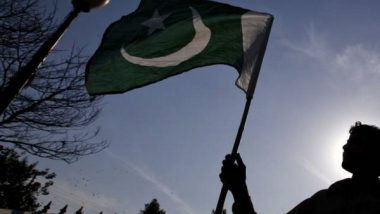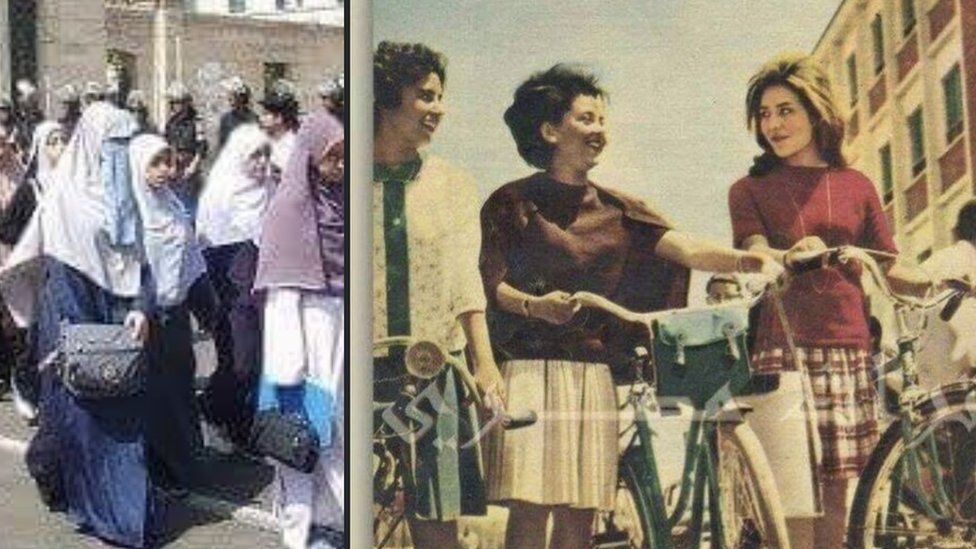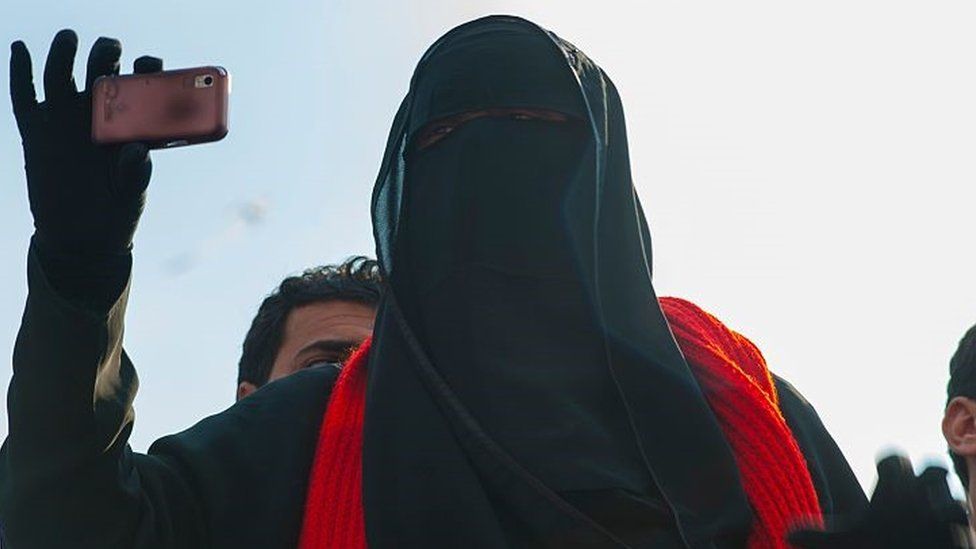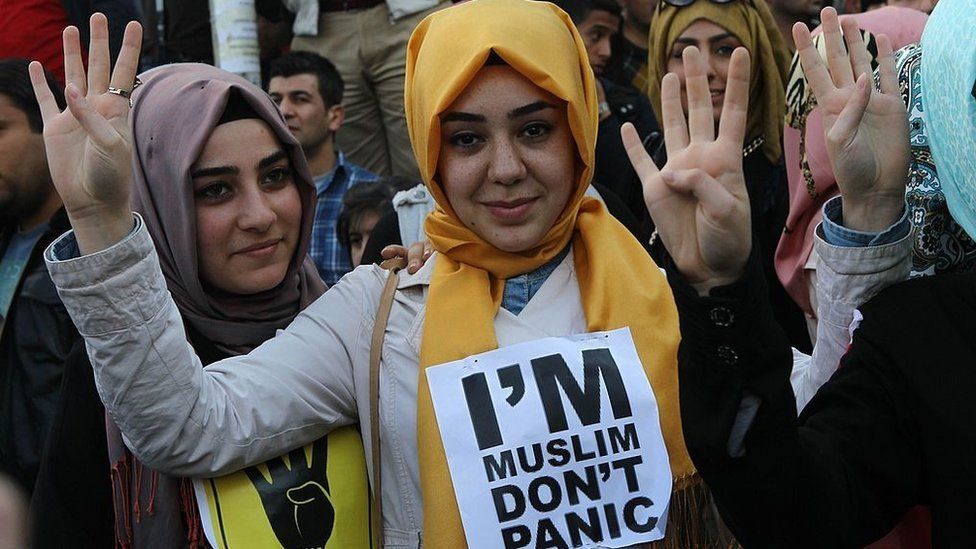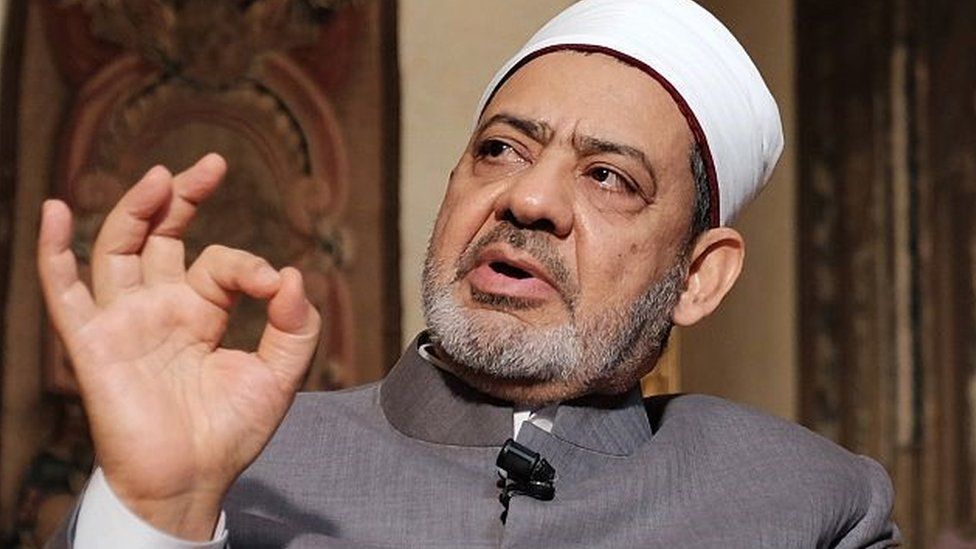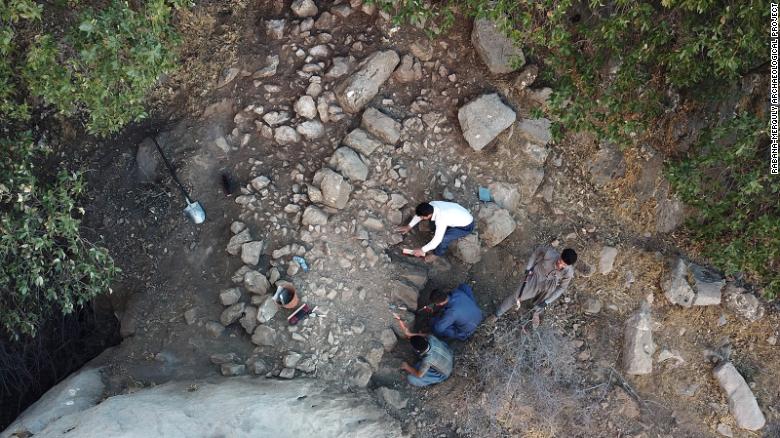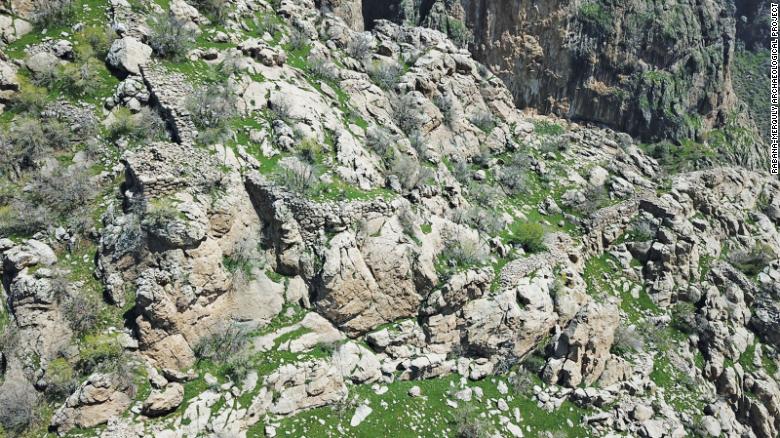
How A Russian Natural Gas Cutoff Could Weigh On Europe’s Economies – Analysis
By Mark Flanagan, Alfred Kammer, Andrea Pescatori and Martin Stuermer
The partial shutoff of gas deliveries is already affecting European growth, and a full shutdown could be substantially more severe.
Russia’s invasion of Ukraine has further darkened the global growth outlook, with the European economy facing a serious setback given trade, investment, and financial links with the warring countries. Now, Europe is enduring a partial cutoff of natural gas exports from Russia, its largest energy supplier.
The prospect of an unprecedented total shutoff is fueling concern about gas shortages, still higher prices, and economic impacts. While policymakers are moving swiftly, they lack a blueprint to manage and minimize impact.
Three new IMF working papers examine these important issues. They examine how fragmented markets and delayed price pass-through can aggravate impacts, the role of the global liquefied natural gas market in moderating outcomes, and how such factors could play out in Germany, Europe’s largest economy.
Our work shows that in some of the most-affected countries in Central and Eastern Europe—Hungary, the Slovak Republic and the Czech Republic—there is a risk of shortages of as much as 40 percent of gas consumption and of gross domestic product shrinking by up to 6 percent. The impacts, however, could be mitigated by securing alternative supplies and energy sources, easing infrastructure bottlenecks, encouraging energy savings while protecting vulnerable households, and expanding solidarity agreements to share gas across countries.
What determines exposure?
Dependence on Russia for gas, and other energy sources, varies widely by country.
European infrastructure and global supply have coped, so far, with a 60 percent drop in Russian gas deliveries since June 2021. Total gas consumption in the first quarter was down 9 percent from a year earlier, and alternative supplies are being tapped, especially LNG from global markets.
Our work suggests that a reduction of up to 70 percent in Russian gas could be managed in the short term by accessing alternative supplies and energy sources and given reduced demand from previously high prices.
This explains why some countries have been able to unilaterally halt Russian imports. However, diversification would be much harder in a total shutoff. Bottlenecks could reduce the ability to re-route gas within Europe because of insufficient import capacity or transmission constraints. These factors could lead to shortages of 15 percent to 40 percent of annual consumption in some countries in Central and Eastern Europe.
Economic impact
We gauge impacts two ways. One is an integrated-market approach that assumes gas can get where it is needed, and prices adjust. Another is a fragmented-market approach that is best used when the gas cannot go where needed no matter how much prices rise. However, estimation is complicated by the fact that the hit to the European economy is already happening.
Using the integrated-market approach—as the market remains so—to estimate the direct impact to date suggests that it may have amounted to a 0.2 percent reduction for European Union economic activity in the first half of 2022.
When we consider a full Russian gas shutoff from mid-July, we focus on the impact relative to a baseline of no supply disruption this year. This simplifies the estimation and makes it comparable with other economic research.
We derive a broad range of estimates of impact over the next 12 months. Reflecting the unprecedented nature of a full Russian gas shut-off, the right modeling assumptions are highly uncertain and vary between countries.
If EU markets remain integrated both internally and with the rest of the world, our integrated-market approach suggests that the global LNG market would help buffer economic impacts. That is because reduced consumption is distributed across all countries connected to the global market. At the extreme, assuming no LNG support, the impact is magnified: soaring gas prices would have to work by depressing consumption only in the EU.
If physical constraints impede gas flows, the fragmented market approach suggests that the negative impact on economic output would be especially significant, as much as 6 percent for some countries in Central and Eastern Europe where the intensity of Russian gas use is high and alternative supplies are scarce, notably Hungary, the Slovak Republic and the Czech Republic. Italy would also face significant impacts due to its high reliance on gas in electricity production.
The effects on Austria and Germany would be less severe but still significant, depending on the availability of alternative sources and the ability to lower household gas consumption. Economic impacts would be moderate, possibly under 1 percent, for other countries with sufficient access to international LNG markets.
Germany’s exposure
We dug deeper to understand the German outlook and policy options in the event of a full shutoff. Starting with the baseline outlook in our Article IV Consultation—which already embeds the existing partial shutoff—we extended the assessment through 2027 and incorporated additional demand-side impacts that stem from the uncertainty that households and firms face, and which reduce aggregate consumption and investment.
Our estimates suggest uncertainty channels would notably add to the economic impacts from a full shutoff. Impacts would peak next year, then fade as alternative gas supplies become available.
The rise in wholesale gas prices could also increase inflation significantly which we explicitly study in our work on Germany. Simulations also illustrate that voluntary consumer conservation could reduce economic losses by one-third, and a well-designed rationing plan, which for example lets downstream users and gas-intensive industries bear more of the shortages, could reduce them by up to three-fifths.
Easing consumption
Countries that already encourage households and businesses to save energy include Italy, where the government mandates minimum and maximum levels for heating and cooling. REPowerEU, the European Commission’s plan, also contains measures to conserve energy and reduce dependence on Russian fuels.
There is still a gap, however, between ambition and reality. Forthcoming IMF research shows that many countries have chosen policies which strongly limit how wholesale prices are passed on to consumers. A better alternative would be to allow greater passthrough to incentivize conservation while offering targeted compensation to households that can’t afford higher prices.
Addressing challenges
Our research shows that the economic fallout from a Russian gas shutoff can be partially mitigated. Beyond measures already taken, further action should focus on risk mitigation and crisis preparedness.
Governments must boost efforts to secure supplies from global LNG markets and alternative sources, continue to alleviate infrastructure bottlenecks to import and distribute gas, plan to share supplies in an emergency across the EU, act decisively to encourage energy savings while protecting vulnerable households, and prepare smart gas rationing programs.
This is a moment for Europe to build upon the decisive action and solidarity displayed during the pandemic to address the challenging moment it faces today.
*About the authors:
- Mark Flanagan is Assistant Director of the IMF’s European Department and mission chief for the United Kingdom. He has previously led country work on Iceland and Greece
- Alfred Kammer is the Director of the European Department at the International Monetary Fund since August 2020. In this capacity, he oversees the IMF’s work with Europe.
- Andrea Pescatori is Chief of the Commodities Unit in the IMF Research Department and associate editor of the Journal of Money, Credit and Banking. He has written extensively on a variety of macroeconomic topics, including monetary and fiscal policy, and published in peer-reviewed journals.
- Martin Stuermer is an economist at the Commodities Unit of the IMF’s Research Department. His research interests are macroeconomics with a focus on energy, commodities, and the energy transition. Among others, he has publications in Macroeconomic Dynamics,Journal of International Money and Finance and Energy Economics.
Source: This article was published by IMF Blog
Nord Stream pipeline uncertainty leaves Germany and Europe staring down barrel of discontent and recession
Confronted by all this uncertainty over Russian gas, Germany, and much of the rest of Europe, is urgently looking for other ways of sourcing energy.
Adam Parsons
Europe correspondent @adamparsons
Wednesday 20 July 2022 
There is a tense day ahead for just about everyone in Germany. Europe's richest nation is counting down the hours until it finds out if Vladimir Putin has turned off its gas supply.
For the past week and a half, the Nord Stream pipeline, which brings natural gas from Russia into Germany, has been closed for annual maintenance.
Sponsored link
It was only running at 40% capacity anyway, which the operator, Gazprom, blamed on a faulty turine.
In theory, that should now be in the process of being fixed. After a lengthy diplomatic row over whether pragmatism trumped sanctions, the replacement turbine is being shipped to Russia from Canada, despite protests from the Ukrainian government.
But is maintenance really the issue here?
In reality this is about whether Russia continues selling energy to Europe at the same time as Europe is backing Ukraine's war effort.
And viewed through that prism, pragmatism works both ways.
The Russian president is well aware that if he chooses to stop supplying Europe with natural gas, he can cause a lot of pain.
And so, like an anxious householder cautiously turning on his tap to see if the plumber really has fixed the leak, Europe will wait and see what happens.
Will Nord Stream come back to life or will the Russians decide to leave it switched off, weaponising energy?
Turning off the gas tap would certainly drive up prices in Germany and beyond, causing economic damage and worsening already tight household finances.
What's more, Germany, whose gas stores are less than two-thirds full, would rapidly find itself having to choose between rationing the supply to industry, to households, or simply everyone.
At one end of the scale, that might mean limits on air conditioning; at the other, factories being forced to shut their doors.
Little wonder that Germany's mighty, and hugely influential, industrial sector, is already pressuring politicians to withdraw rules that prioritise private citizens at times of energy shortages.
That spectre of social and industrial chaos might sound tempting to many in the Kremlin.
But, then again, selling fossil fuels, including natural gas, is how Russia earns a great deal of money. Even if Europe is rapidly trying to find new supplies, cutting the supply now might just hurt the Russian economy just as much as it would wound Europe's.
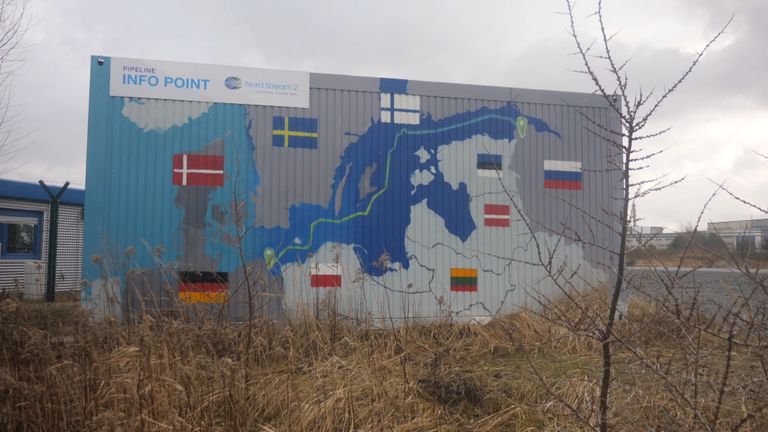
The truth is that nobody seems to know what is going to happen. Germany's government seems anxious; neighbouring Austria, which is even more dependent on Russia for its gas supply, appears to be far more relaxed.
The European Commission, meanwhile, delivered a particularly downbeat assessment about the prospect of Nord Stream being turned on again.
"We don't expect that it will come back," said Johannes Hahn, the Budget Commissioner.
"We are working on the assumption that it doesn't return to operation and, in that case, certain additional measures need to be taken."
That is a hint towards the Commission's own package of proposals for reducing energy consumption - limits on heating and cooling and, perhaps, interventions in the commercial energy market.
And yet just as the EU says that, so a well-placed diplomat, from a major EU country, tells me that he is expecting Nord Stream to be turned back on, but at an even lower capacity than it is running now.
"Putin needs a break-even point between maximising the pain to Europe by pushing the gas price higher, but also earning the cash Russia needs to keep functioning," he tells me.
And, of course, this isn't just about Nord Stream. There are other pipelines bringing gas from Russia into Europe.
Of them, I'm told that diplomats are particularly concerned about the continuity of supply from the Druzhba pipeline, the longest in the world, which also supplies Germany, as well as Poland, Hungary, Slovakia, Austria and the Czech Republic.
"It is a question of how much pain Putin wants to cause us, compared to how much pain he is prepared to absorb himself," according to one diplomat.
Confronted by all this uncertainty, Germany, and much of the rest of Europe, is urgently looking for other ways of sourcing energy.
In Germany, which is in the final stage of closing its last nuclear power plants, the choices are very limited so inevitably, this rich, sophisticated nation will turn back to coal to cover its needs.
But even that may not be enough to avert an energy shortage that could push Europe towards discontent and recession.


